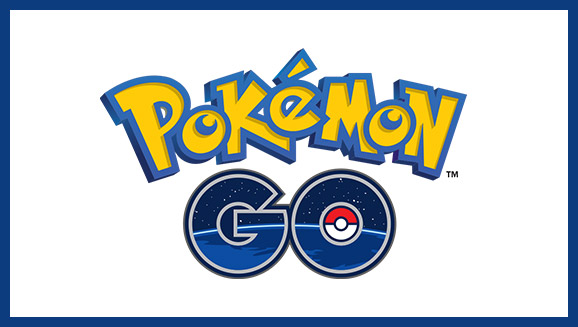Google Cloud Platform Supports The Global Spread Of Pokémon Go

The mobile game uses a bevy of cloud tools and services from Google
Google has revealed that a suite of services from its cloud portfolio supports Pokémon Go, a mobile game that has gained the attention of masses of smartphone users.
According to the search company, a dozen services based on the Google Cloud Platform supports the mobile game’s large player base. By using the Google Cloud Platform, Pokémon Go has access to the company’s private fibre network, which provides a low-latency cloud service for the app.
Google’s Cloud Datastore service also acts as the game’s underlying database to record all the Pokémon captured by players in the game world
Pokémon in the cloud
 Pokémon Go was also used to test the new Google Customer Reliability Engineering (CRE) service, which mixes the company’s technical and customer services teams to ensure responsibility is shared between maintaining the reliability and performance of applications running in its cloud.
Pokémon Go was also used to test the new Google Customer Reliability Engineering (CRE) service, which mixes the company’s technical and customer services teams to ensure responsibility is shared between maintaining the reliability and performance of applications running in its cloud.
Due to Pokémon GO’s popularity the game served as a good test for Google’s CRE service.
“Within 15 minutes of launching in Australia and New Zealand, player traffic surged well past Niantic’s expectations. This was the first indication to Niantic’s product and engineering teams that they had something truly special on their hands. Niantic phoned in to Google CRE for reinforcements, in anticipation of the US launch planned the next day,” said Luke Stone, director of Customer Reliability Engineering at Google.
Pokémon Go also runs in the Google Container Engine powered by Kubrenetes, which allows it to be orchestrated on a planetary scale, enabling the game to be used by millions of players.
Running on the third largest cloud platform gives Niantic, the developer of Pokemon Go, scope to handle launching in new countries and dealing with the influx of traffic a whole host of new users brings in.
Pokemon Go offers an interesting case study for companies exploring how they can best use cloud platforms, and touches upon issues such as privacy and security.
Quiz: The Cloud in 2016!